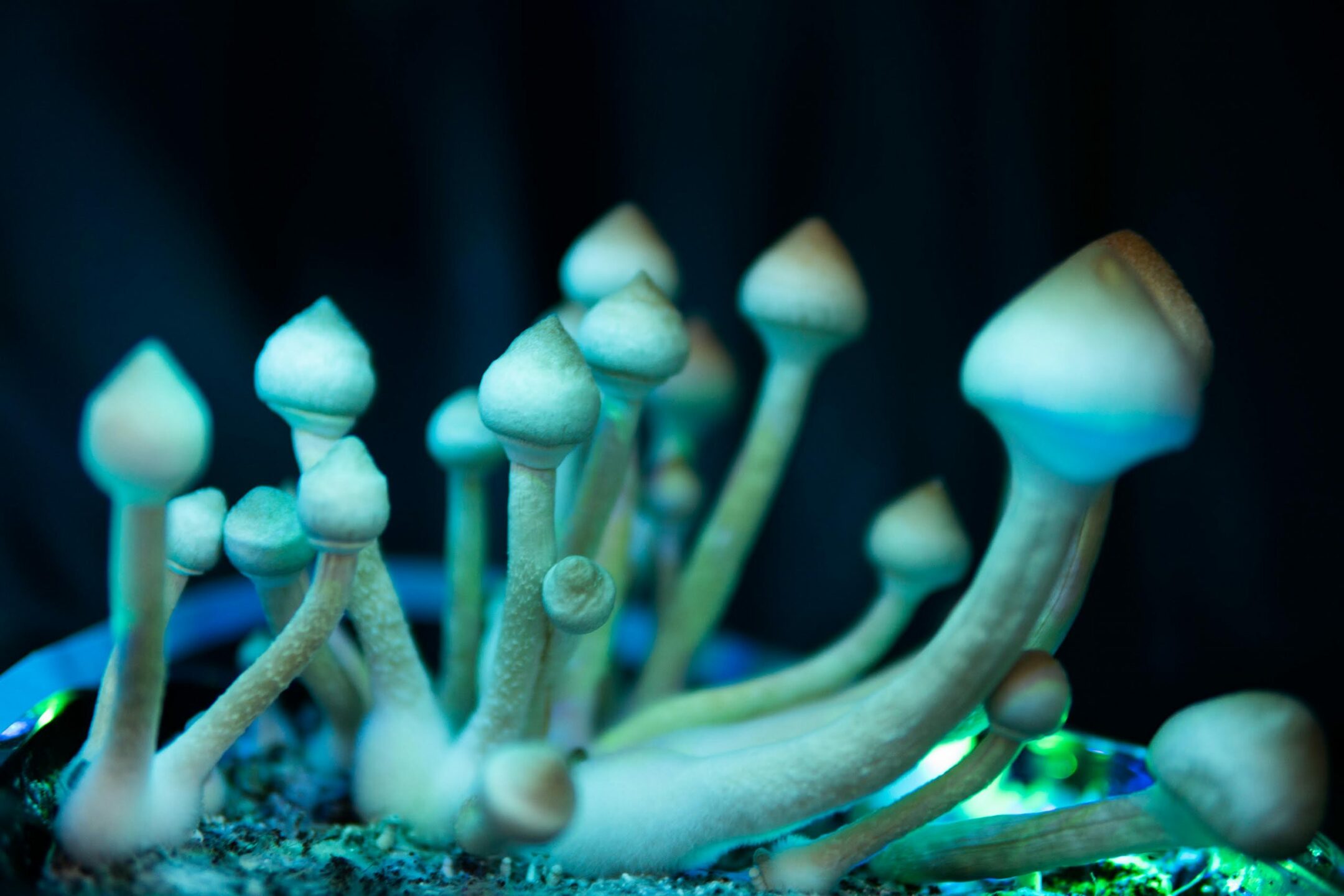FDA Releases Draft Guidance for Research on Psychedelic Drugs
LOS ANGELES– the U.S. Food and Drug Administration (FDA) unveiled its Draft Guidance for conducting research on psychedelic drugs. The guidance encompasses substances such as psilocybin, LSD, and MDMA, reflecting the growing interest in exploring the therapeutic potential of these compounds.
The FDA’s guidance aligns with the established best practices required by other drug and therapeutic companies. It emphasizes compliance with the federal Food, Drug, and Cosmetics Act and underscores the need for non-clinical investigations to adhere to the guidelines outlined in the 2010 publication “Nonclinical Safety Studies for the Conduct of Human Clinical Trials and Marketing Authorization for Pharmaceuticals.” Additionally, the guidance outlines the distinction between botanical and nonbotanical psychedelic drugs.
Recognizing the unique challenges posed by these substances, the FDA highlights the importance of designing clinical studies that account for the intense perceptual disturbances and alterations in consciousness induced by psychedelic drugs, which can persist for several hours. Some drug development programs also incorporate psychological or behavioral interventions. Researchers hypothesize that psychedelic drugs may offer rapid-onset and long-term benefits even after just a few doses. To ensure meaningful results from these studies, the FDA stresses the need to consider these unusual characteristics during the study design phase.
The FDA observes that most of the medical conditions currently under investigation in psychedelic research programs are chronic in nature. The proposed regulations outline the processes for psychedelic therapy, which is legal in the state of Oregon.
If the FDA were to approve a drug that falls within the Schedule I classification of the Controlled Substances Act (CSA), it states that the assessment of abuse potential would play a role in determining appropriate rescheduling actions under the CSA.
Public comments on the proposed rules are being welcomed by the FDA until August 28. This opportunity for public input highlights the agency’s commitment to engaging with stakeholders and incorporating diverse perspectives in shaping the future of psychedelic drug research.
As the FDA takes proactive steps to establish guidelines for psychedelic research, this development may pave the way for a deeper understanding of these compounds and their potential therapeutic applications, while ensuring the highest standards of safety and efficacy.


































